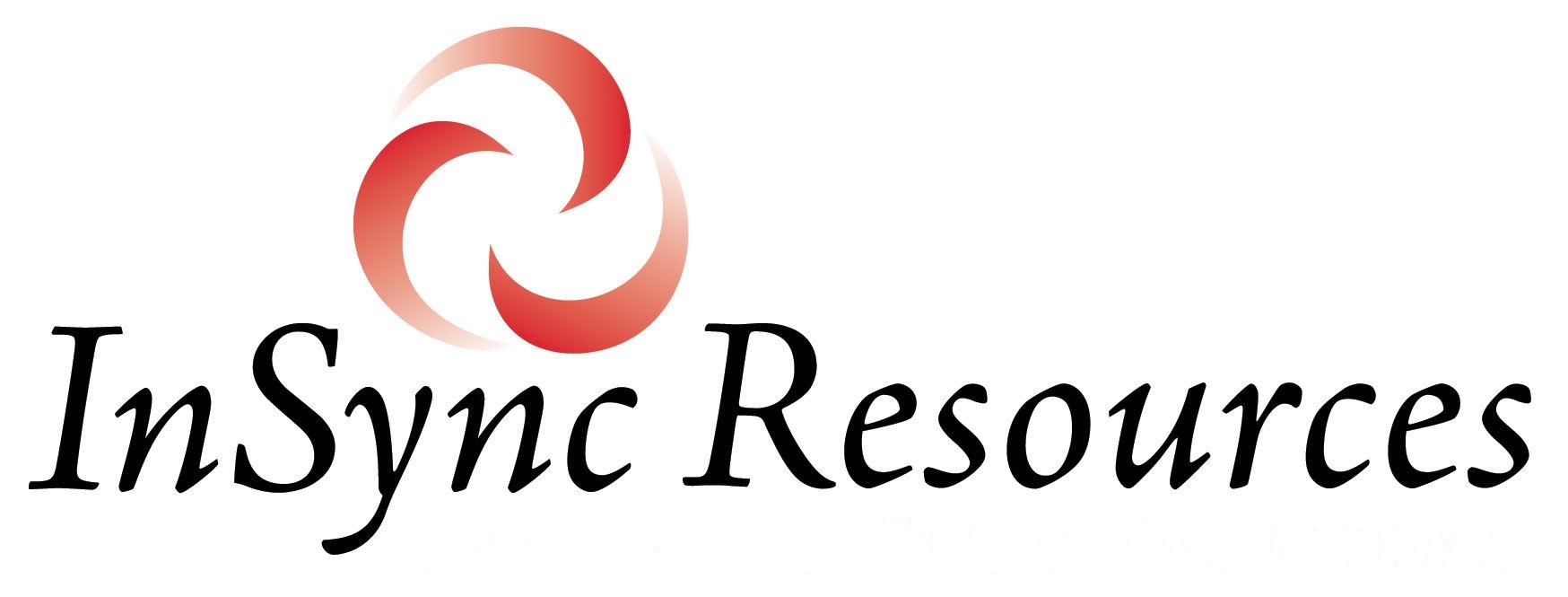
Responding To Job Postings
While you may encounter many different challenges during a job search, there are 2 major challenges in particular that you should be aware of when it comes to responding to job postings:
1. When employers post a job opening, 200-250 applicants on average are applying. It would be nice to think that all applicants are being reviewed, but for the sake of efficiency, it’s usually the early applicants who are favored. If the employer can find the desired number of candidates to interview out of the first, say, 50 applicants, and you’re the 150th applicant, there’s a possibility your resume won’t be reviewed by the person with the power to hire you.
2. The screener’s job is to narrow the field of candidates. Because there are so many applicants, whoever is doing the initial review of applicants must be ruthless in screening out candidates. They may set up screening aids such as knockout questions to be answered or a pre-hire assessment to be taken during the application process. They may screen out candidates whose backgrounds lack the same/similar role and same/similar industry. The screening out reasons can be numerous. The point is that usually the screener is someone in a gatekeeper role and not the ultimate decision maker. Again, this means your resume may not ever be reviewed by the person with the power to hire you.
In view of these challenges and to increase your chances of getting hired, you need to do more than only respond to job postings. And this is why it helps to know about and take advantage of the hidden job market.
What Is The Hidden Job Market?
The term “hidden job market” is certainly provocative, making it sound as though it’s part of the dark web or part of a nefarious conspiracy. But, in truth, it’s not as clandestine as it sounds. Rather, as job posting company, Indeed, simply and succinctly defines it in their online career guide, “The hidden job market refers to jobs that employers do not advertise or publish publicly.”
Here are some common examples of what’s happening in the hidden job market to cause existing jobs to go unadvertised:
- Temporary/contract positions frequently convert into regular full-time jobs that are not posted. The staffing industry, which is worth more than $200B in the U.S. alone, supports employers who need workers for temporary/contract and temp-to-hire positions. According to the American Staffing Association, “During the course of a year, America’s staffing companies hire over 14.5 million temporary and contract employees.” Consequently, people placed in such positions have a foot in the door and are often first in line to be considered for unadvertised opportunities where they’re working on a temp or contract basis.
- Internal and/or external recruiters may be engaged to stealthily find candidates for confidential candidate searches. Sometimes recruiters will use blind ads to recruit for confidential job openings, but very often they will not advertise at all, especially if they are tasked with sourcing passive candidates.
- Hiring managers hire people they know, and they hire referrals from their employees. This is especially prevalent in companies that are considered highly desired places to work and have good team morale. Sometimes organizations even have formal bonus programs to encourage referrals from employees. Career expert, Hannah Morgan, summed it up well in the Forbes article, “How To Tap Into The Hidden Job Market” when she said, “The hiring manager is telling everyone they know about the job and passing the word before it’s publicly announced.”
- Some of the best (and growing) companies invite candidates to apply even when there’s not an advertised opening, which may lead to a hire. The career page on their website will say something like, “We’re always looking for top talent. If you have an amazing resume, send it our way. We’ll contact you to learn more.”
- Savvy job seekers target companies and make networking connections with hiring managers even when there’s no job posted and even if there’s no open-ended invitation as previously mentioned. These job seekers may optimize possibilities before the tipping point to get hired. To be specific, in such instances, hiring managers know they need to hire but have not yet reached the tipping point when they must officially acknowledge it or alert the HR team. Many hiring managers avoid initiating the hiring process for as long as possible because of the time and energy it takes – they may be weighing the need to hire against how interviewing, onboarding, and training someone new will impact team productivity.
Helpful Resources
As you can see, the hidden job market is full of untapped potential. Yet most job seekers only apply for what’s advertised. When your strategy is solely based on answering online postings, you’re missing out on the hidden job market. If your job search could use a boost, and you need to get more creative, here are a few resources with helpful tips that you should check out:
- Indeed’s Career Guide contains 10 excellent tips to access the hidden job market.
- In “7 Tips to Tap the Hidden Job Market,” FlexJobs suggests tactics similar to what Indeed says but with a few new ideas worth considering.
- Learn the basics and get some insider tips with this free e-guide: Working with Recruiters & Staffing Firms.
